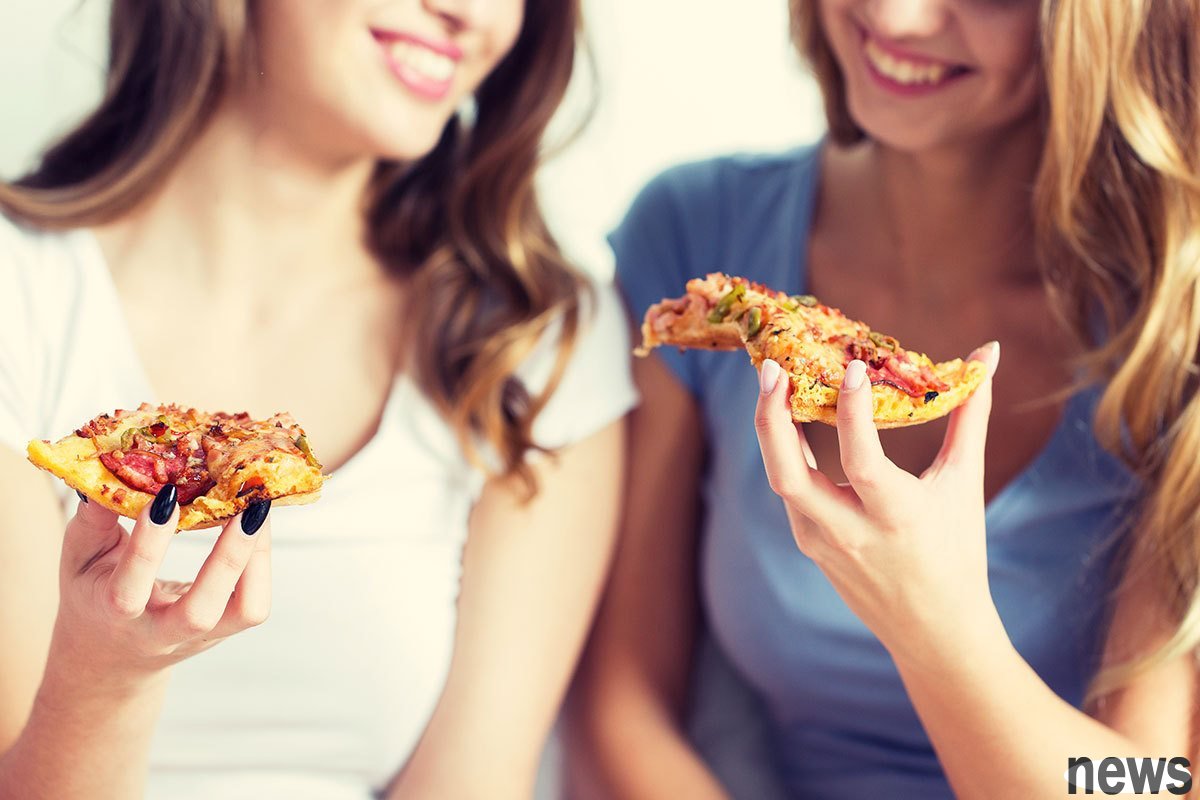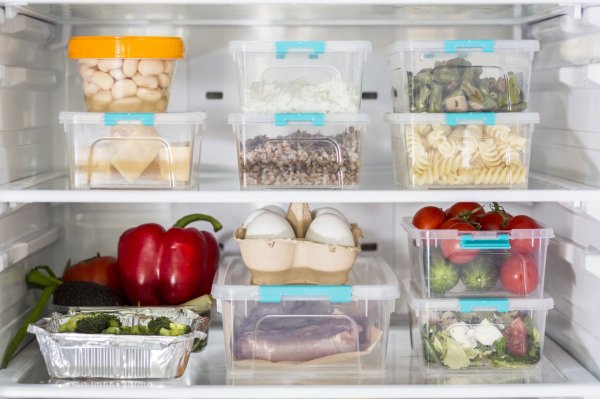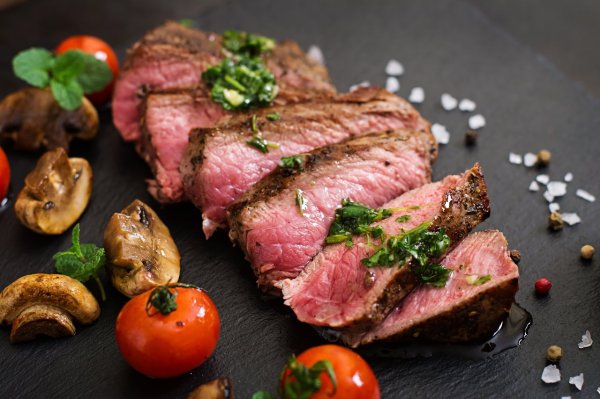How do we learn to like pizza, chocolate and vegetable soup? Experts tell you how eating emotions are created


I thought of another childhood memories. Once, during my holiday in Italy, I unfortunately fell ill and couldn't eat for several days. I was lying hungry on the bed, and my belly felt like a huge hole. My fantasy orders are surrounded by pizza and are turned: sarami pizza, ham pizza, mushroom pizza …… After I recovered, I received a huge prairies. The pilaf was sprinkled with sarami, ham and mushrooms, and was crispy on the edges, spreading the aroma of olive oil, garlic and Oleka leaves. It tastes like a miracle, and the taste is so wonderful that I still love Pisa to this day. This dietary preference is based on a basic learning process, which is equally important for human dietary behaviors as learning to avoid taking certain foods. Because we also have to learn to prefer foods that can provide the human body with the nutrients they need. With the help of experiments, we can easily see such a learning process.
The researchers will first provide the subject with a low-protein breakfast, that is, a low-protein meal: a slice of toast with butter, honey or soy sauce, a bowl of rice slices, and a cup of coffee or tea. Lunch time offers a dish of soup and a pudding for dessert. This "food mode" was carried out for several days: first, eat a low-protein breakfast, and after a few hours, some soups and desserts (the protein content will change without the subject's observation). The protein content in lunch will be a little less on one day and a little more on another. In this case, researchers will make the protein content in the diet related to taste: depending on the conditions of the experiment, vegetable soup or mushroom soup provided at lunchtime contains a lot of protein. On the fourth and last day of the experiment, the soup has the same nutritional ingredients, only different tastes. However, the subjects can choose at this time; factually, they prefer flavors related to high protein content. For them, taste becomes a signal to supplement the protein that is missing from breakfast. Because protein supplementation is important for survival, a single learning experience is enough to make people appreciate this preference.
Food preferences are based on the same principle as "food disgust"; we perceive the taste of food and then feel the changes in our body state after eating. We can't help but connect the taste with the changes in our body conditions. If they are pleasant, some biases can form, for example, when you are very hungry, the body can feed it, or after eating a low-protein breakfast, you can take up a lot of protein for lunch. Thanks to this experience, the taste of food becomes a signal and the so-called "recommended expectations" are found in our bodies. Then we can see that it is beneficial to eat certain foods.
These intuitive expectations will subtly tell us what nutrients the body can expect to obtain when we feed certain foods.
If those nutrients can meet our current needs, their favorability for those foods will increase. Pizza ranks very high in our personal diet memory, not only because it always makes me feel very delicious, but also because it effectively calms my feeling of hunger. This learning process even increases the favorability of foods we already like very much, no matter what. Just like chocolate (of all foods, it is undoubtedly the most popular), when they can meet the body's strong demand for nutrients, their desire for them will also increase.In a practical study, the researchers gave the subject a chocolate bar every day. Some subjects only eat chocolate when they are full, while others only eat when they are hungry. If you eat chocolate while you are hungry, your desire for chocolate will increase significantly after a few days.
Food preferences are also affected by other learning processes, not just when the hungry body receives sufficient energy to supplement it. For us, it is enough to develop a preference such as "the diet involved does not affect our physical health." We can now make sure that they will not cause any harm. As early as in the mother's body, we would form food preferences in this way. Newborns prefer milk with the same aromatic aroma in their mother's diet during pregnancy. In the future, when learning food preferences, we will add direct signals from our social partners.
▌The influence of othersOn May 4, 1724, a naked boy of about thirteen was discovered in a field near Hameln. He didn't say a word, had a clear expression on his face, and he was storming in a crazy way, as if he was feeling excited that he was finally discovered. There was something hanging around his neck that might have been a shirt. When people gave him bread, he refused. He clearly had never seen the bread, instead, he ate grass and other plants, and he removed the skins of the young branches and chewed them. He would eat bean pendants, but he would not eat beans. He only ate certain foods he thought were raw before that.
And other abandoned men who grew up in the wilderness and never contacted humans would go to the trees to find fruits, fruits or bird nests, to find herbs, roots and carrion on the ground, and to dive into streams and ponds to catch frogs or fish. They like to eat raw, and they eat more like the animals they encounter than humans.
We need other humans to know what foods we should and should not eat.
In a study, researchers provided different colors of marinated porridge for children aged 2 to 5 years old.. After cooking for a wonderful meal, we lay on the sand and the whole world looked so peaceful. We were napping with satisfaction, and Honoré de Balzac even described this state as "the highest love enjoyment." In the above insulin experiment, when the researchers used some glucose to promote the subject's blood sugar level to normal again, the subject quickly returned to level. Or, simply put: the supplementation of nutrients will improve emotional state, and the lack of nutrients will cause emotional state to become evil. ※ This article is excerpted from "Hairing Signal! A Diet Psychology that explains the mind and body."Hair signal! Diet Psychology that Unravels the Mind and Body"
Author: Michel Macht
Translator: Wang Ronghua
Publisher: Zi Culture
Publication Date: 2022/02/23





